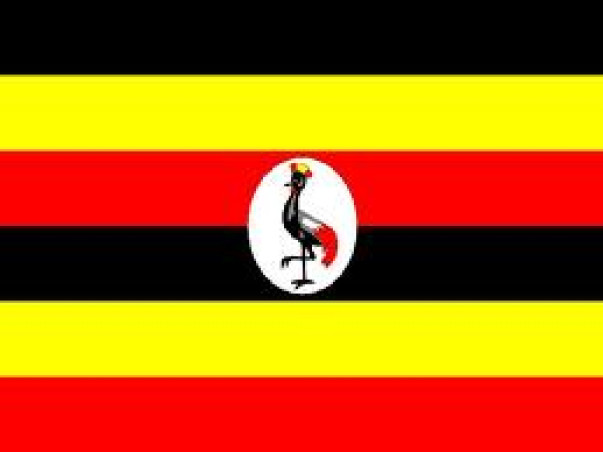Uganda: Bank of Uganda to Oversee Telecoms' Money Transactions

Airtel Uganda has shifted all its financial transactions to a new company, a move that adheres to the latest regulations in the market, and one that offers more protection to customer funds.
In a press statement, Airtel Uganda said it had completed its transfer of Airtel money issues Business to Airtel Mobile Commerce Uganda Limited. The change is in line with a Bank of Uganda's requirement to separate Airtel Money from mainstream telecommunications services. Customer deposits are safe [and] transaction charges remain at the same affordable rate."
The separation of its business comes after government passed the the National Payment Systems (NPS) Act, 2020, last year, and only gazetted the regulations in March this year. MTN Uganda, the other large telecom multinational, is expected to take the same direction soon.
Uganda's decision to put in place these regulations will offer the central bank a deeper understanding of just how much money is transacted over mobile phones, offering it more data on what kind of regulator tools it needs to put in place to ensure that money in circulation is sustainable.
Bank of Uganda has in the past argued that the money in the mobile ecosystem sometimes poses a challenge of assessing the money in circulation, which can spur inflationary pressures if there is delayed intervention.
From a market level, the new regulations bring the large telecom multinationals in direct competition with smaller e-commerce issuers, who had for long complained of an unfair playing field.
On a broader level, however, the government retains worries that the mobile money system can be abused by some people looking to move illicit funds.
The Uganda Communications Commission (UCC), the regulator of the telecom infrastructure, said the new national payment regulations will make its oversight role easier.
"The change in the mobile financial services legal regime presents new regulatory considerations for UCC in the promotion of competition, consumer protection and service quality for mobile payments input communication services," the commission noted in its market performance report for the fourth quarter of 2020.
It added: "The Commission has commenced a number of regulatory inquiries to address potential exploitative and exclusionary conduct by vertically integrated actors in the mobile payments and wireless service value chains.
The regulatory inquiries are focussed on the integrity of communication channels for mobile payments services as well as equality of treatment of downstream mobile payments actors like aggregators and independent e-money issuers."
UCC says that at the end of 2020, there was a national mobile money penetration of 66 accounts per 100 persons in Uganda.
Bank of Uganda notes that the volumes of mobile money transactions rose significantly by 24.1 per cent to 3.5 billion in 2020, while the value of those transactions grew by 28.2 per cent to Shs 93.7 trillion. This amount is close to Uganda's gross domestic product.
SOURCE: THE OBSERVER / Ernest Jjingo
 Africas leading resource for digital financial services
Africas leading resource for digital financial services


comments